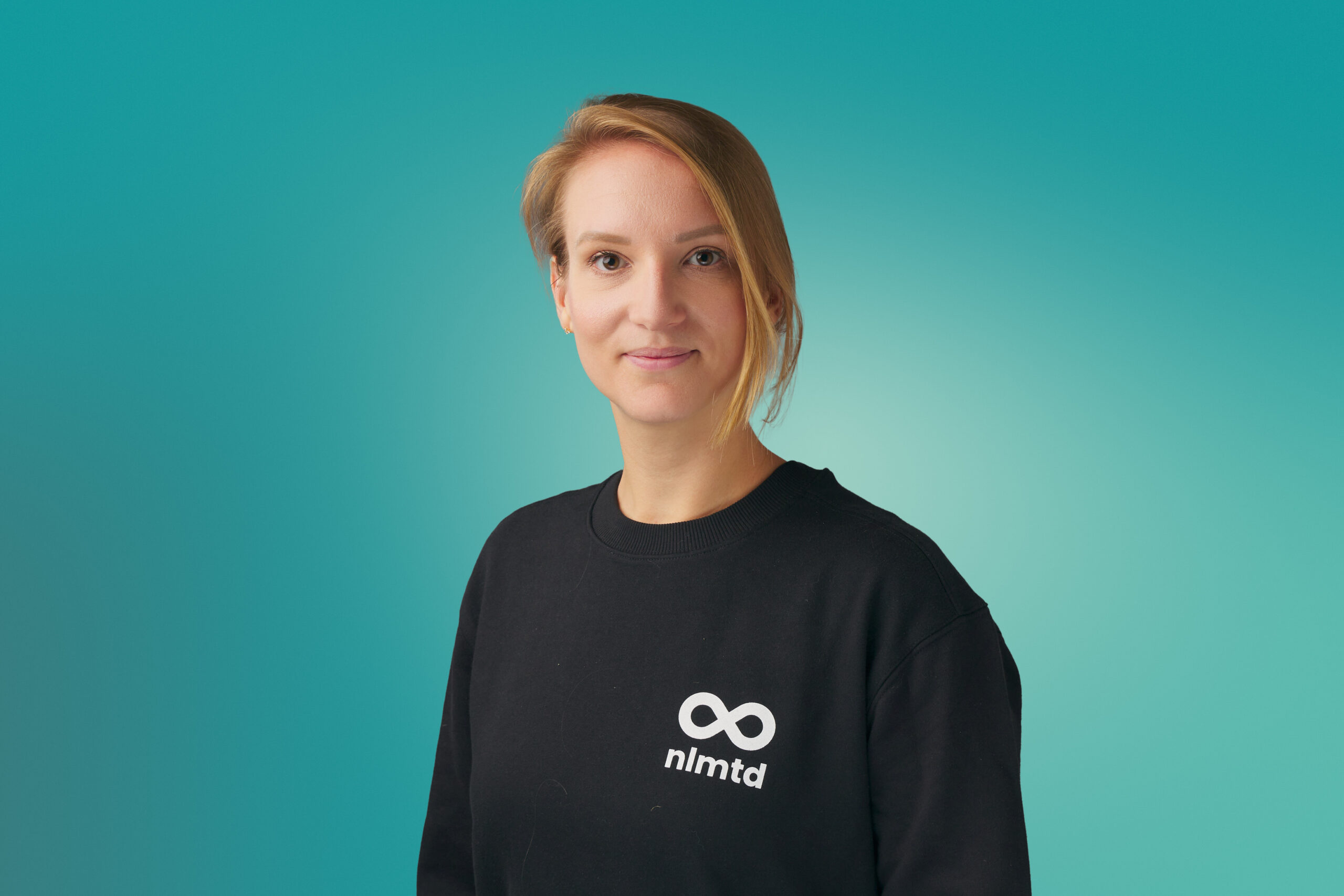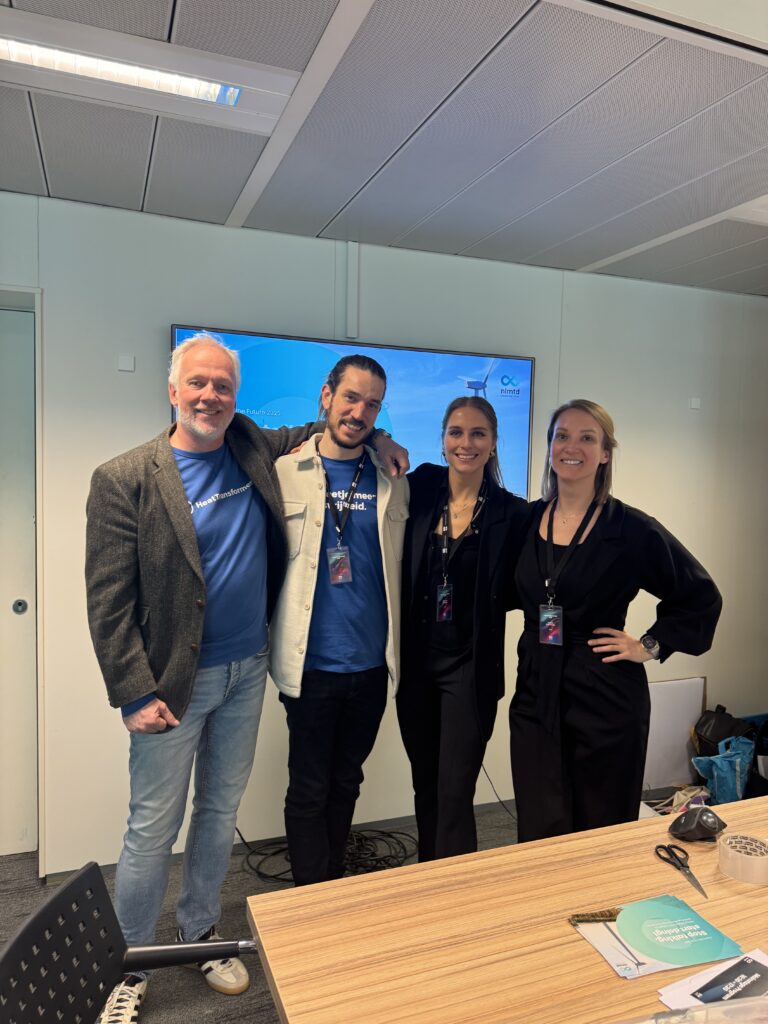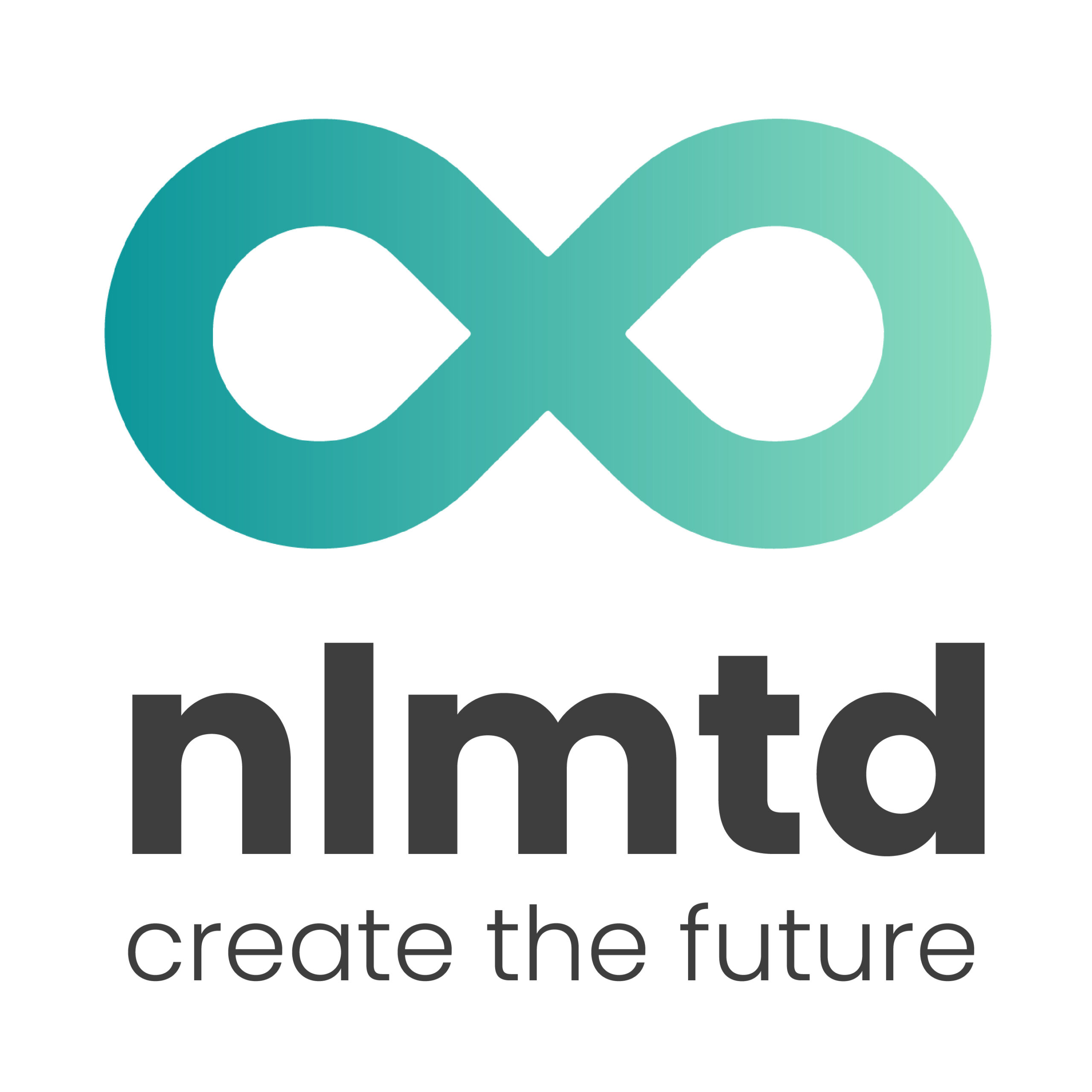
Leonie Dorresteijn
Manager nlmtd

Daphne Schipper
Consultant nlmtd
Leonie and Daphne bring together their expertise in behavioral psychology, sustainability, and co-creation. Leonie offers insights from climate psychology and behavioral science, while Daphne actively facilitates organizations by applying strategy and design thinking principles. Together, they help organizations transform complex transitions into concrete and well-supported solutions.
Share this article
During the Create the Future 2025 event, key decision-makers from the energy sector came together to address some of the major challenges of our time. In a co-creation workshop, we focused on an often underestimated but crucial issue for the success of the energy transition: How can we encourage sustainable behavior among citizens?
While the technology and financial arrangements are often in place, behavioral change remains the missing piece of the puzzle.
Unconscious nudges
A more sustainable energy system requires not only technological innovations but, more importantly, a willingness from people to adapt their behaviors. This might include choosing a heat pump instead of a central heating boiler, investing in insulation, or opting for green energy.
In this context, behavioral nudges play a crucial role. These are small, strategic adjustments in communication, product design, or the environment that unconsciously guide people toward more sustainable behavior. Such nudges can help individuals transition more quickly to green energy, adopt energy-saving measures, and embrace more sustainable technologies.
The case
“How can we ensure that Peter installs a heat pump tomorrow?”

Peter is 53 years old and lives in Purmerend with his wife, Monique, and their two children: Sofie, 26, and Bob, 21. He wants to make their home more sustainable but doesn’t know where to begin. Monique is hesitant; she mainly focuses on practical concerns, such as unsightly pipes and the fear of a cold house. Peter has progressed further in his research, but finds himself stuck on questions that many people might relate to. Does a heat pump make a lot of noise? Will it work in an older house? Can we really eliminate gas from our homes? Additionally, what impact will this have on the already overloaded energy grid?
Peter is seeking a reliable partner to help him make sustainable choices. He visits Heat Transformers for an extensive consultation, but he still feels uncertain. Although he wants to contribute to a more sustainable Netherlands, his doubts currently outweigh his intentions. This uncertainty is precisely what we focused on during our session, as Peter is not alone in feeling this way. It’s with individuals like him that we can make significant progress.
Together with experts, we explored ways to motivate Peter and thousands of others like him to take action. Using the Design Thinking Methodology, we developed several potential solutions based on proven behavioral techniques.
During the session, a top three creative concepts were selected, each focused on one central question: “How can Heat Transformers positively influence the behavior of a consumer like Peter?”
Each concept is based on a specific behavioral approach designed to minimize the threshold for taking action.
- Simulate Your Own Heat Pump
This simulation allows you to visualize how a heat pump looks, sounds, and performs in your home. By providing a concrete experience, it reduces uncertainty and makes the decision more tangible and familiar. - Airbnb for Sustainability
Imagine a sustainable demo home equipped with a heat pump available for rent. Here, you can personally experience how comfortable and quiet the technology is. This firsthand experience helps eliminate resistance and fosters conviction in the benefits of using a heat pump. - Social Proof in Your Neighborhood
Demonstrate to potential users that others within a 100-meter radius have already installed heat pumps. Combining this information with a straightforward message can inspire people to contribute to a greener world. People are more likely to follow the lead of those around them, especially if they are nearby.

Choosing a heat pump involves more than just technology; it encompasses trust, creativity, and observing others. By prioritizing behavior, the conversation and outcomes can be transformed.
Heat Transformers was inspired by the session and has taken follow-up steps to implement these insights.
From doubter to doer
The energy transition goes beyond just megawatts and grid layouts; it’s also about individuals, like Peter. By implementing effective interventions and creative behavioral strategies, we can create a significant impact.
Are you interested in initiating behavioral change within your organization or project?
Check out our workshop: “Sustainable thinking, sustainable doing”





